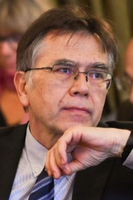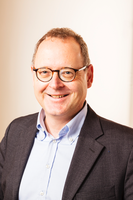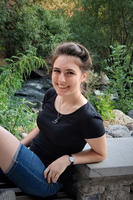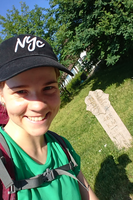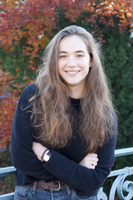Our project website has moved to a new domain.
Please consult the new website of the Research Training Group 2571 “Empires” to see our current members, events, and further information.
To keep up with us and our programme consider following us on social media.

About the DFG Graduate School 2571 Empires
The Research Training Group (graduate school) investigates the temporal structures of empires, reflections upon them, and the deliberate manipulation of the past in periods of change, imperial transition, and in post-imperial orders. Rather than suggesting grand syntheses or highly sheltered micro-analyses, projects should start from an intermediary level of investigation. More specifically, they should be directed towards the time structures, or change, of (a) imperial space, (b) imperial economies, or (c) imperial institutions and norms. They can be situated in all periods of history, in sociology, political science, and literary studies, or be interdisciplinary. Within the work of the RTG, historical or political dynamics will be brought into a dialogue with reflections on them in various media and literary productions that develop, for example, structures of expectation and constructions of time. From the results we expect a new agenda of research that does not just emphasize the spatial, but also the temporal characteristics of empires. We also expect a fruitful combination of historical, politological and sociological approaches to empires and those developed in cultural and literary studies. The projects of the RTG together are expected to demonstrate the extent to which empires develop their own temporalities, set new time horizons, depend on the reflexivity of their temporality, and that these reflections are an essential resource in periods of transition of empires, and in post-imperial orders.
The RTG offers doctoral students with research interests in transnational, imperial and global studies the opportunity to conduct innovative research of contemporary relevance and historical depth in an interdisciplinary research environment. In a structured programme, the doctoral students will receive training in disciplinary research methods, interdisciplinary communication and theoretical problem-solving. The RTG offers a combination of seminar work, work groups on interdisciplinarity, as well as opportunities for organizing conferences, workshops and work groups. The qualification programme includes for all doctoral students research periods at high-profile international research institutions. It contains forums for the discussion of diversity, good scientific practice, and for exploring professional fields outside academia. The work of the RTG is guided on a daily basis by an academic coordinator, and also includes postdocs and academic guests.
The Research Training Group hosts 14 doctoral students from various disciplines, who join the Group at three consecutive entry dates. Additionally, there are several associate doctoral students, as well as a postdoctoral researcher collaborating with the RTG for the entire duration."
The Principal Investigators of the RTG cover a broad spectrum of historical epochs and global spaces, cultural sociology, political science, and literary studies. In addition to supervising the doctoral theses in a suitable interdisciplinary pair, they participate in the events of the Research Training Group, and are actively involved in its research programme by focussing on the long-term dimensions of imperial transformation.
Research
Public Events
People
Docs
Sponsored by DFG

Cornelius Beckers
PhD project: Through Pen and Paper: Ordering Knowledge and the Consolidation of Imperial Power in Early British India, c. 1750-1830
Lucia Lakatošová
PhD project: The topoi of uprisings in the literature of the Late Roman Republic and the early Roman Empire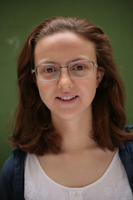
Elise Mazurié
PhD project: Occupying Germany, Representing France? (Ex-)Colonized soldiers in the French Army in the French Zone of Occupation (FZO) in Germany, 1945-mid-sixties
Chinwe Ogbonna
PhD project: An Investigative Study of the Effect of Imperialism on the Indigenous Cultural Leadership Institution of Igbo in Eastern Nigeria
Ricardo Rudas Meo
PhD project: (Mis)communication across the Early People’s Republic of China. Language Barriers in Early Chinese Communist State- and Nation-Building at China’s Peripheries
Simon Suttmann
PhD project: Conflicts of rank and order in imperial peripheries in the Mediterranean around 1100 in medieval historiography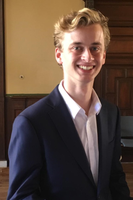
Rogier van der Heijden
PhD project: Constructing the past. Imperial temporality and civic identity in Roman Sardis and Gerasa, 17 – 235 CE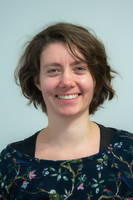
Verena Zabel
PhD Project: Between Modernisation and Catastrophe. The Soviet Empire in Literature from QazaqstanAssociated
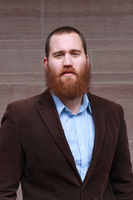
Andreas Bolte
PhD project: Temporal Practices and Imperial Rule in British Malaya and the Dutch East Indies, ca. 1900-1940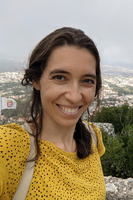
Johanna Rozakis-Siu
PhD project: Oceans of Empire: Transformation and Continuities in the 16th and 17th century Indian Ocean
Luca Scalzini
PhD project: `Eppure l’Africa ci è necessaria.´ The Società Geografica Italiana and its Imagined Futures of Italian Colonialism 1867-1920PostDocs
Sponsored by DFG
Associated
PIs
Board
Fellows
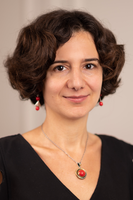
Dr. Noémi Lévy-Aksu
Scholar of the history of the Ottoman Empire
Project Coordinator at the
Truth, Justice, Memory Center in Istanbul
Mercator-Fellow at the Graduate School 2571 "Empires"
